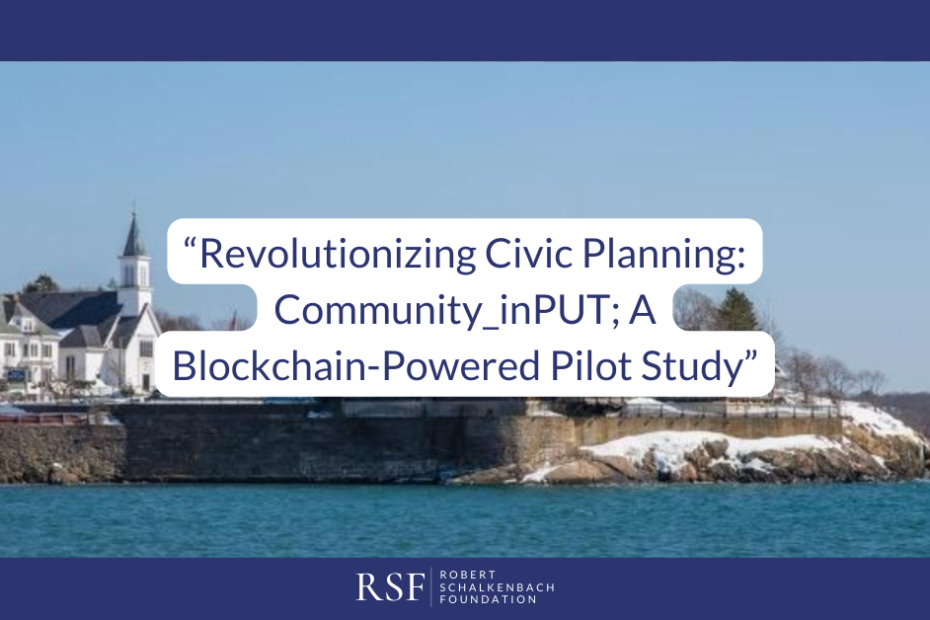The evolving landscape of civil planning and community engagement is witnessing a paradigm shift, particularly through the innovative use of blockchain technology. Community_inPUT, an ambitious pilot study, stands at the forefront of this revolution by leveraging blockchain to transform civic planning processes.
The implementation of blockchain within Community_inPUT offers a revolutionary approach to community engagement. This pioneering platform redefines the way residents interact, contribute, and participate in shaping the future of their neighborhoods and cities.
The core of Community_inPUT revolves around a systematic and innovative use of blockchain technology to gather, record, and categorize community input. Starting with the verification of residency, this platform ensures that only those directly affected by planning decisions have a voice in the process.
Residents, once verified, are provided with digital wallets equipped with public and private keys, allowing them to securely interact with the blockchain. These keys enable interactions and transactions on the platform, managed by smart contracts to ensure fairness and transparency.
(A public meeting introducing Community_inpUT in Swampscott, Massachusetts, By Jo Riddle)
Community_inPUT’s use of Natural Language Processing (NLP) adds a layer of sophistication, efficiently categorizing and organizing input to provide a clearer and more comprehensive representation of community sentiments.
The initiative extends beyond mere data collection and processing. It closes the engagement loop by rewarding participants with non-fungible tokens (NFTs) in the form of incentives, such as coupons for local businesses. This incentivization serves as a crucial element in maintaining prolonged community involvement and interest.
The application of Community_inPUT in the medium-sized town of Swampscott, Massachusetts (just north of Boston, Massachusetts), serves as a pioneering endeavor to tackle housing issues. It introduced an innovative method to involve the community in discussions about critical matters, all while ensuring privacy, traceability, and transparency.
(A view of Swampscott, Massachusetts, from Nahant Bay. By Fletcher6 – Own work, CC BY 4.0, https://commons.wikimedia.org/w/index.php?curid=39587331)
Despite its groundbreaking approach, the pilot study faced challenges, particularly in terms of technology literacy and the comfort level of residents with blockchain-related terminologies. Yet, it successfully collected vital insights on housing issues, shedding light on potential solutions and critical community sentiments.
The success and challenges faced by Community_inPUT highlight the immense potential and the obstacles associated with introducing blockchain into community engagement. This pilot study not only paves the way for future urban planning endeavors but also emphasizes the need for more user-friendly interfaces and improved communication to bridge the gap between technological complexity and user comfort.
(A street in Swampscott, Massachusetts. By Pi.1415926535 – Own work, CC BY-SA 4.0, https://commons.wikimedia.org/w/index.php?curid=136535601)
The ongoing evolution of Community_inPUT marks an exciting beginning in the journey towards a more democratic and participatory approach to civic planning, setting the stage for a more inclusive and innovative urban planning process.
(The Community_inpUT team at Tufts University, By Justin Hollander)

